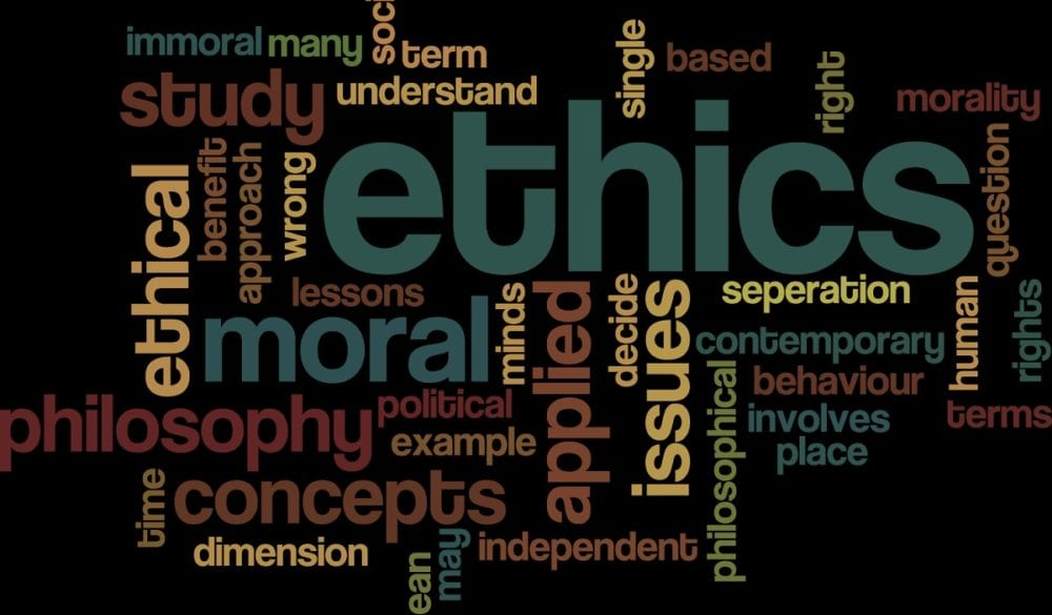Yesterday, the White House made public 17 waivers of President Trump’s ethics guidelines to White House staffers.
The waivers exempt the appointees from certain portions of ethics rules aimed at barring potential conflicts of interest. In letters posted on the White House website, the White House counsel’s office wrote that the waivers were in the public interest because the administration had a need for the appointees’ expertise on certain issues.
Among the high-profile figures who received waivers: White House Chief of Staff Reince Priebus and counselor to the president Kellyanne Conway, who were both permitted to engage with their former employers or clients. In addition, a blanket waiver was given to all executive office appointees to interact with news organizations — a move that gives chief strategist Stephen K. Bannon permission to communicate with Breitbart News, the conservative website he used to run.
…
In addition, six members of the White House counsel’s office — including counsel Donald McGahn — were granted waivers to participate in matters in which their former law firm, Jones Day, is representing the president, his campaign committee or other related political entities.
This is not the end of the world. It is not even unusual.
Here are the salient points: The ethics rules in question are those established by Trump by executive order. They are not the broader ethics rules established by statute and regulation. The waivers allow people to have contact with their former employer or clients. An ethics waiver doesn’t mean the person is given carte blanche to act in an unethical manner (though inevitably some will act as though that is the case). An ethics waiver is granted when a person has a potential ethical conflict, they disclose the potential conflict to the appropriate authorities, and the decision is made that the potential conflict is de minimis or it can be minimized. Robert Mueller was just granted an ethics waiver by Department of Justice because his law firm also represented Jared Kushner and Paul Manafort.
Here are some examples:
His aides who received ethics exemptions include Michael Catanzaro, a domestic energy and environmental policy adviser. Catanzaro was granted permission to work on a broad portfolio of matters of interest to his former energy sector clients, including emissions regulations, clear air standards and renewable fuel standards.
Shahira Knight, a White House adviser on tax and retirement policy, received a waiver to participate in a range of tax and financial policy matters. Knight, a former tax lobbyist, served as vice president of Fidelity Investments’ public affairs and policy group before joining the White House.
…
Joshua Pitcock, who serves as chief of staff to Pence, was issued a waiver when it comes to broad policy matters affecting the state of Indiana, for which he previously worked as a lobbyist. Among the topics he is permitted to wade into: refugee policy, veterans’ issues, environmental regulations and health care.A waiver was granted to Priebus, who was given permission to participate in communications and meetings involving the Republican National Committee, where he served as chairman. Conway received a waiver to interact with former clients of her polling firm, which includes a wide range of political and conservative advocacy organizations.
This is not unusual behavior:
Trump’s predecessors also issued ethics waivers to appointees who had potential conflicts of interest. The Obama administration handed* out at least 66 such exemptions to appointees across the federal government — including senior figures such as White House adviser Valerie Jarrett — and regularly posted the ethics waivers online.
The only drama here was whether the Trump administration would publicly post the waivers or not. For whatever reason, the administration elected to not engage in another messy, no-win fight–this one a repeat of previous fights with the toad-like Obama donor and Hillary Clinton cheerleader who runs the Office of Government Ethics–and did the easy and the right thing.
(*Yep. I know some have declared comparisons to Obama’s policies and behavior to be off limits because Trump eliminates the need for everything but hate. “Whattaboutism” seems to be the favored term. But if you don’t have a moral commitment to trashing your own side and losing that doesn’t seem to make much sense.)













Join the conversation as a VIP Member